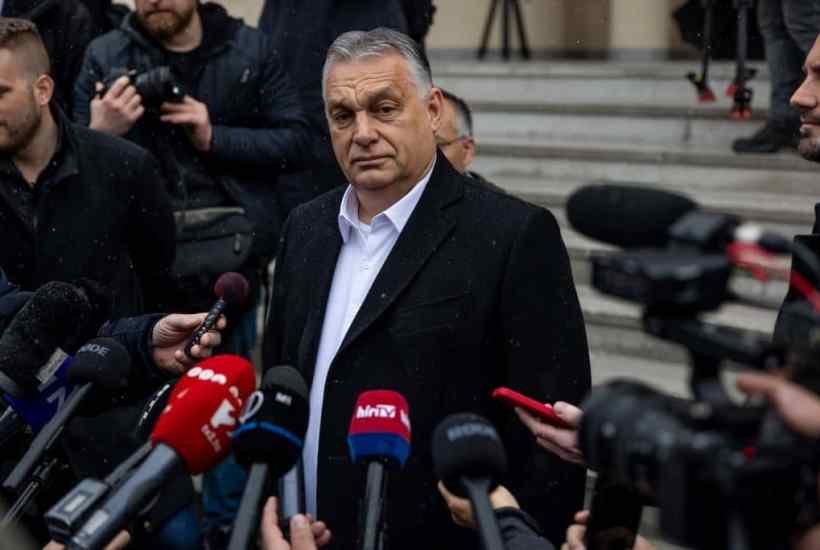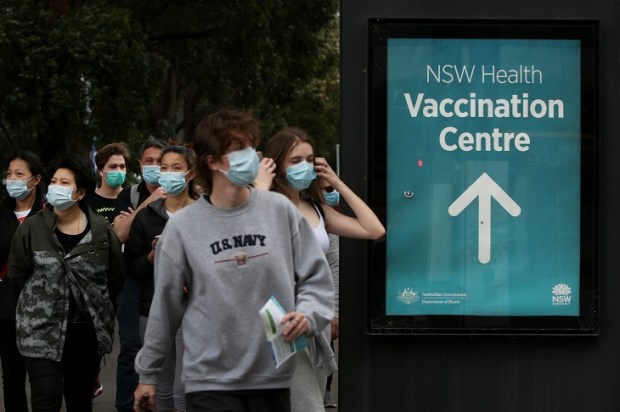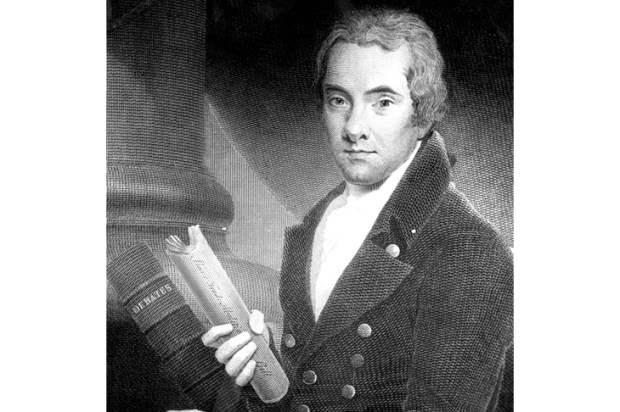Russian foreign minister Sergei Lavrov spoke magnanimously while receiving his Hungarian counterpart Péter Szijjártó in Moscow this week. He promised that the Kremlin would ‘consider’ Hungary’s request for significantly increased gas deliveries, after Viktor Orbán’s right-hand man said his country won’t manage without more Russian resources as Europe faces a deep-freeze this winter.
Already a subscriber? Log in
Subscribe for just $2 a week
Try a month of The Spectator Australia absolutely free and without commitment. Not only that but – if you choose to continue – you’ll pay just $2 a week for your first year.
- Unlimited access to spectator.com.au and app
- The weekly edition on the Spectator Australia app
- Spectator podcasts and newsletters
- Full access to spectator.co.uk
Or




















Comments
Don't miss out
Join the conversation with other Spectator Australia readers. Subscribe to leave a comment.
SUBSCRIBEAlready a subscriber? Log in